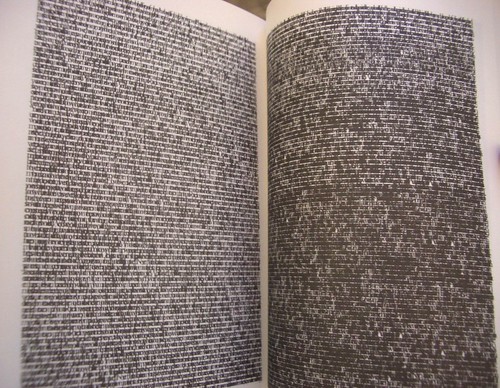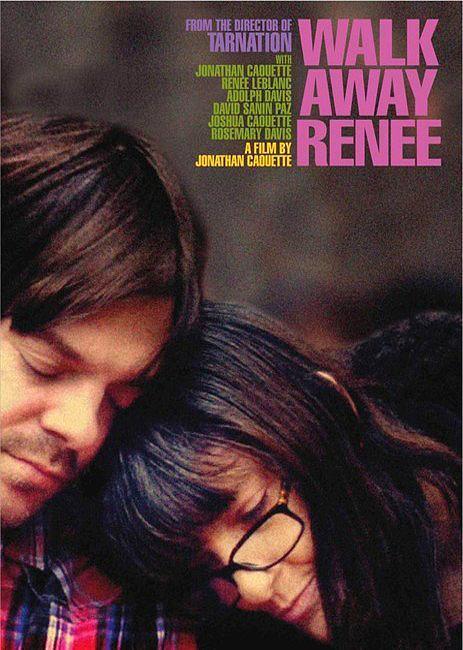An ancient tale
transformed into a thoroughly modern, thought-provoking piece about 21st
century Britain and identity politics.
“What will happen to Wales in the case of Scottish
independence?” It’s a question posed by many academics here at Cardiff
University, and one which fuels Act One’s latest production, White Crow. The premise is that forty
years in the future, Scotland and Ireland have gained independence - the former
peacefully, the latter through terrorism – leaving Wales to be walked all over
by England. Ruled ever more strictly by Westminster, Wales becomes increasingly
destitute, giving rise to radical nationalist groups. White Crow explores difficult questions like where is the boundary between
nationalism and being proud of your country, and just what is best for the
future of Wales.
White Crow,
however, started life as the Branwen branch of the Mabinogi, the foundational myth of Wales. The myth tells of
Bendigeidfran, King of Wales, his brother Efnissien, and their little sister Branwen
(Welsh for White Crow). Branwen marries the Irish leader Matholwch who imprisons
and tortures her, so her brothers, with the help of Pryderi must fight to free
her. Under the guidance of director Aled
Bidder and production manager Ellen Green, over ten months of preparation, improvisation
and editing, the myth was transformed into a remarkable play which combined
hard-hitting political commentary with a deeply personal story. The main characters
and plot points remain, but this time Ben, Niss, Branwen and Father Pyrderi are
involved in a much larger struggle for national self-determination. Many new
characters have also been added, including the sibling’s parents Eirlys and
Llyr, and their friend turned political opponent Bran Lloyd who serves as
catalyst for much of the play’s political philosophising.
The long preparation process and strict editing (which I
believe caused a few arguments at the time) ensure that this unique, original
and collaborative play is consistently engrossing. Pacing is often a problem
with Act One plays, which usually feel far too long, but White Crow was kept tight whilst tying together many diverse plot
strands. Particularly effective was the clever use of temporal shifts,
flashbacks of Bran in his early days with the movement and relationships with
Eirlys and Llyr interwoven with Ben’s assent in the nationalist movement. The
juxtaposition of the two periods really added to the sense of Bran’s heartbreak
and regrets, although they did seem to perplex some audience members - a fault
of the audience not Act One I believe!
More than just a great script, however, the production
brings together an extremely talented cast and creative team. Right from the
beginning, Act One successfully create an oppressive atmosphere symbolic of the
political climate, encapsulated in the black crows that constantly surround the
stage. Like many other audience members, I was genuinely frightened when I
walked into an almost black auditorium and found myself face to face with a
giant crow. Apparently many hours of rehearsal and improvisation were dedicated
to perfecting the birds, but it certainly paid off! Besides avian impressions,
much of the power of this production comes from the very strong central
performances of Greg Davies (Ben), Ben Atterbury (Niss) and particularly Alex
Mann, who really stood out for me as disillusioned politician Bran Lloyd. In
fact, the whole ensemble seemed the strongest Act One cast that I have seen,
bringing to life the strong emotions and high drama of the script with subtlety.
They were also very versatile, with some beautiful singing (particularly James
Rollinson) and once again proving Act One’s stage fighting prowess, although
some of the cast could do with a bit more work on their accents (especially
Irish ones)!
The production received a well-deserved standing ovation and
it’s not hard to see why. White Crow is
in a league of its own when it comes to amateur productions, both in terms of the
performances and especially the quality of the writing. Act One pull off a real
achievement with this production, combining gripping entertainment with serious
political commentary. I will be recommending it to my Nationalism professor and
to anyone who wants to see an exciting, engrossing new production.
SHOWING AT THE GATE ON 2-4 MARCH 2012.































